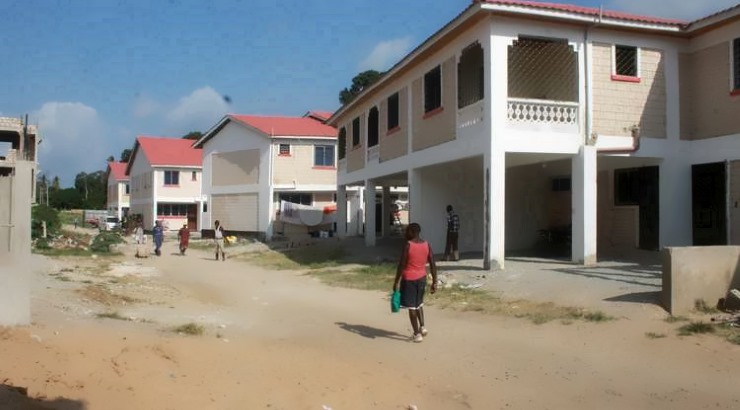Industry News
New Tool Out to Gauge Affordability of Homes
Shelter Afrique’s device seeks to boost supply of affordable houses.

Pan-African housing financier Shelter Afrique has launched a new tool that will examine proposals by developers seeking loans for affordable housing projects.
The Housing Affordability Calculator will weed out developers who take up loans for affordable houses yet price their products expensively thus slowing down uptake of completed units.
Investors pitching for loans will be required to fill in four data points, among them prospective household’s monthly income, country of residence, project’s distance from the city centre, and the billing currency to gauge affordability of the homes.
The tool will then apply contextual data and assumptions based on prevailing financing terms in respective countries, percentage of income spent on transport (depending on distance from city centre) and housing for each income band.
According to Shelter Afrique’s head of policy Muhammad Gambo, the bank will use the criteria to examine projects and ensure affordability of the units, finance, and the cost of living.
“This is vital for Shelter Afrique in evaluating housing project proposals submitted, with respect to whether the units proposed are likely to be affordable to a low-income target market in that location,” said Dr Gambo.
Household affordability
The Housing Affordability Calculator will help developers to accurately gauge household affordability to minimise the risk of building houses that target households cannot afford.
Developed in partnership with the Center for Affordable Housing Finance in Africa, the calculator is also expected to boost understanding of housing affordability as it relates to the demand as supply in the context of Africa.
Construction of affordable housing in Kenya has become very attractive to investors thanks to State incentives that seek to facilitate delivery of 500,000 units countrywide.
READ: How Kenya Plans to Deliver Sh500,000 Homes
These incentives include the provision of bulk infrastructure such as drainage and utilities, and the reduction of corporate tax from 30% to 15% for developers.
A lack of an accurate classification of affordable housing has, however, seen some developers launching ‘affordable’ projects that are priced beyond the reach of the target market – thereby defeating the purpose of the incentives.












